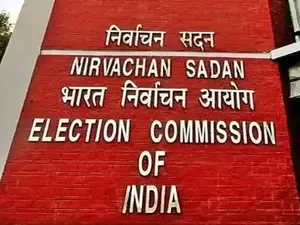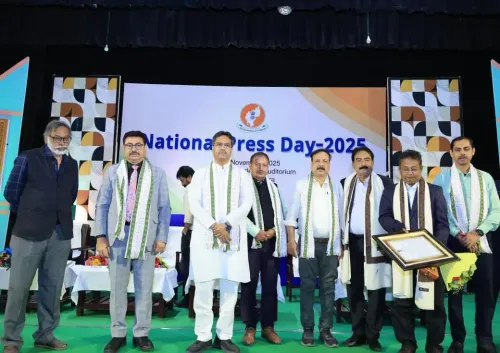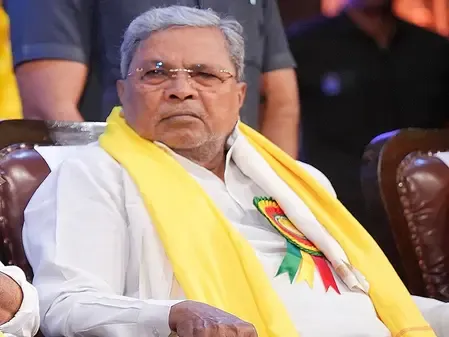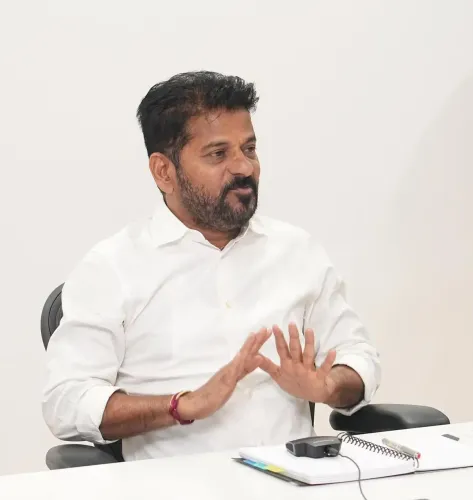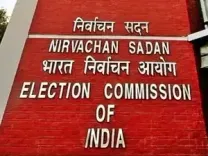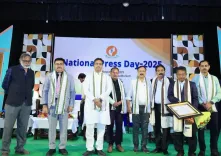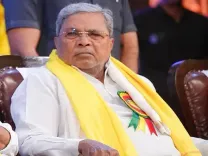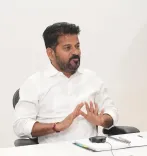How Does India’s Participation in MONDIACULT Reflect Its Commitment to Global Cultural Dialogue?
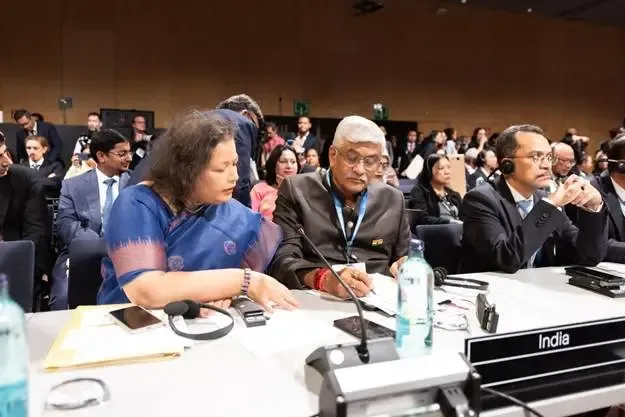
Synopsis
Key Takeaways
- India's role in MONDIACULT 2025 highlights its leadership in cultural diplomacy.
- Commitment to cultural rights is a priority for India's cultural policy.
- Creative economy is essential for inclusive growth and sustainable development.
- Bilateral meetings foster international cooperation in cultural sectors.
- MONDIACULT serves as a platform for global cultural agenda-setting.
New Delhi, Sep 30 (NationPress) The Union Minister of Culture, Gajendra Singh Shekhawat, took part in the World Conference on Cultural Policies and Sustainable Development (MONDIACULT 2025), which took place in Barcelona, Spain. This significant event, held on September 29, 2025, was organized by UNESCO and gathered ministers and cultural leaders from around the globe to influence the future of international cultural policy.
During the Plenary Session, which included the ratification of the Rules of Procedure and Agenda as well as the election of key office bearers, Minister Gajendra Singh Shekhawat had the honor of serving as the Chair for the Asia-Pacific Group. This role highlighted India’s increasing leadership in promoting cultural collaboration within the region.
Importantly, at the Thematic Session focusing on Cultural Rights and the Economy of Culture, the Culture Minister made a noteworthy intervention emphasizing India’s dedication to cultural rights and enhancing the creative economy as a catalyst for inclusive and equitable growth.
On the sidelines of the conference, the Union Minister engaged in bilateral discussions with counterparts from Spain, Iran, Norway, Colombia, and Greece. These dialogues centered on improving cooperation in areas such as heritage conservation, creative industries, museums, and the performing arts.
According to a press release from the Ministry, India’s involvement in MONDIACULT 2025 reaffirmed its steadfast commitment to global cultural dialogue and to elevating culture as a fundamental element of sustainable and inclusive development.
It is noteworthy that MONDIACULT is recognized as the world's largest conference on cultural policy.
The 2025 edition is set to unite thousands of participants to outline the global cultural agenda for the upcoming years. The discussions will encompass six themes and two focal areas, which signify key challenges and prospects for the future of culture, as indicated in a press release by UNESCO.
This conference also serves as a crucial advocacy platform. With the conclusion of the 2030 Agenda for Sustainable Development approaching, the 2025 UNESCO Conference represents a pivotal opportunity to forge consensus and momentum to establish culture as a distinct objective within the next United Nations development strategy.

